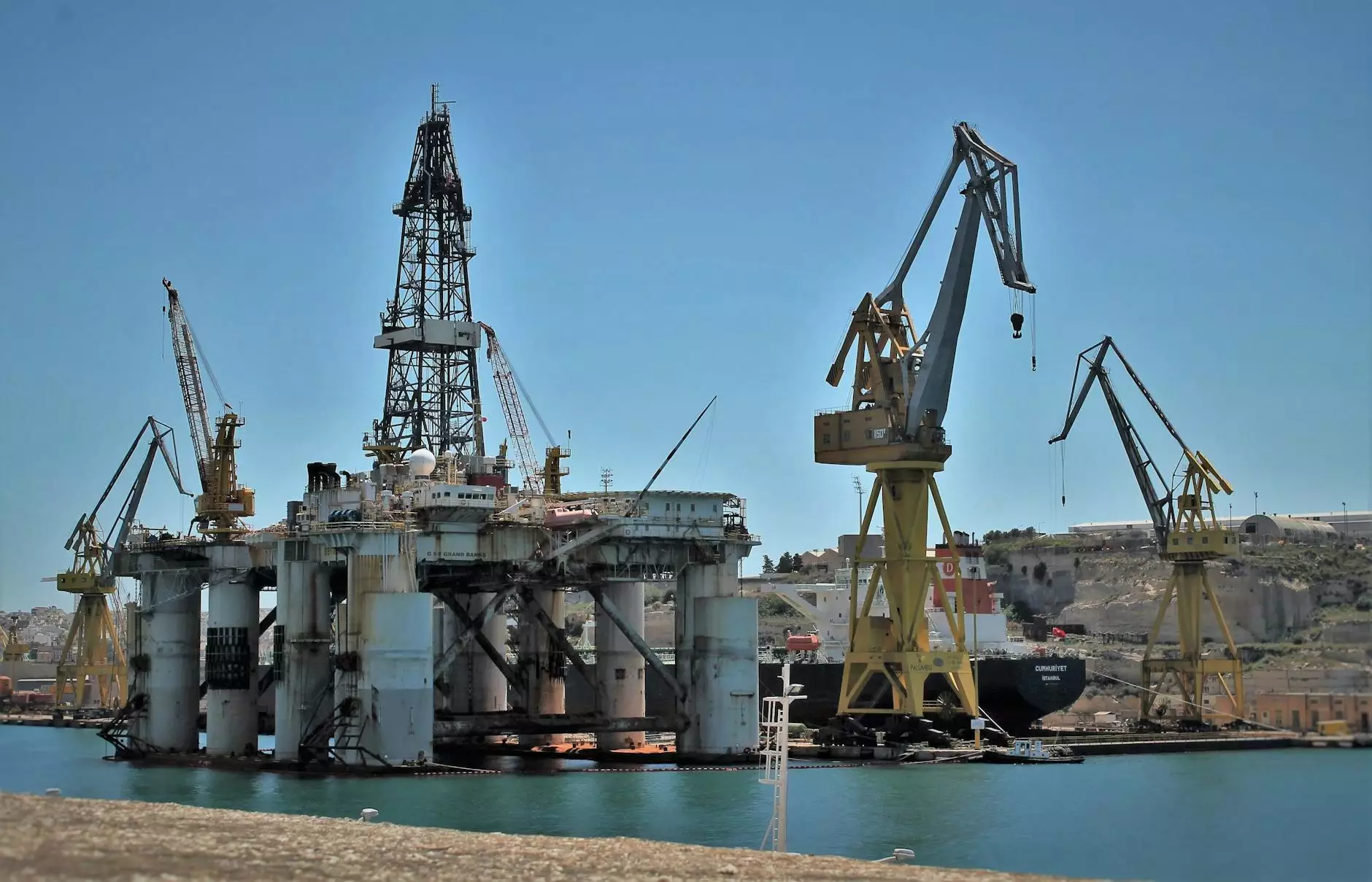Construction & Demolition Recycling

Welcome to FestivalsBazar's Construction & Demolition Recycling page!
In an effort to promote sustainable practices, we have created this comprehensive guide on how to effectively recycle construction and demolition debris. Our mission is to provide you with the necessary knowledge, resources, and eco-friendly solutions for managing waste in the construction industry.
Why Construction & Demolition Recycling Matters
Construction and demolition activities generate a significant amount of waste, which, if not properly managed, can harm the environment and pose health and safety risks. By implementing efficient recycling practices, you can contribute to reducing landfill waste, conserving natural resources, and minimizing the carbon footprint of the construction industry.
The Benefits of Recycling Construction & Demolition Debris
Recycling construction and demolition debris offers numerous environmental, social, and economic benefits:
- Environmental Benefits: Recycling reduces the extraction and consumption of raw materials, conserves energy, and helps lower greenhouse gas emissions. It also minimizes the need for landfill space and prevents the contamination of soil and water sources.
- Social Benefits: Recycling creates job opportunities in the recycling and waste management sectors. It promotes a healthier environment for communities by reducing pollution, dust, and noise associated with traditional waste disposal methods.
- Economic Benefits: Recycled materials can be used as cost-effective alternatives in construction projects. Recycling reduces construction costs, saves resources, and contributes to the growth of a circular economy.
Effective Construction & Demolition Recycling Practices
Implementing successful recycling practices begins with proper planning and resource management. Here are some key steps to follow:
1. Conduct a Waste Assessment
Before starting any construction or demolition project, it's vital to evaluate the types and quantities of waste that will be generated. This assessment will help identify materials suitable for recycling, establish recycling goals, and develop a waste management plan.
2. Separate and Sort Waste
To optimize recycling efforts, ensure that waste is properly separated and sorted on-site. Set up designated containers for different materials such as concrete, wood, metal, plastics, and cardboard. Clearly label the containers to avoid contamination.
3. Identify Local Recycling Facilities
Research and identify local recycling facilities that accept construction and demolition debris. Contact them to understand their specific requirements, acceptable materials, and recycling processes. Establish partnerships with reliable recycling providers who prioritize sustainability.
4. Train and Educate Construction Crews
Provide training and education to construction crews on waste management best practices and the importance of recycling. Foster a culture of sustainability within your organization, encouraging everyone to actively participate in recycling efforts.
5. Monitor and Track Recycling Progress
Regularly monitor and track your recycling progress to evaluate the effectiveness of your waste management plan. Keep detailed records of the types and quantities of materials recycled, cost savings, and environmental impact. This information will help refine your recycling strategies in the future.
Recycling Solutions for Construction & Demolition Debris
There are various recycling solutions and technologies available to efficiently manage construction and demolition debris:
1. Crushing and Screening
Crushing and screening equipment can process concrete, asphalt, and other construction debris into reusable aggregates. These aggregates can be used as base materials for new construction projects, reducing the demand for virgin resources.
2. Material Recovery Facilities (MRFs)
Material recovery facilities are specialized facilities equipped with cutting-edge technologies to separate, sort, and process different types of recyclable materials. MRFs greatly enhance the recycling process by maximizing the recovery of valuable materials from construction and demolition waste.
3. Waste-to-Energy Conversion
Waste-to-energy conversion technologies utilize non-recyclable construction and demolition waste to generate renewable energy. These facilities employ advanced thermal and biological processes to convert waste into electricity or heat, reducing the reliance on fossil fuels.
4. Composting
Composting organic waste, such as wood and green waste, is an effective way to divert waste from landfills. The resulting compost can be used as a nutrient-rich soil amendment in landscaping and agricultural applications.
Embrace Sustainable Construction Practices Today!
By implementing construction and demolition recycling practices, you can make a significant positive impact on the environment and society. At FestivalsBazar, we are committed to promoting sustainable practices in the construction industry.
Start your sustainable journey today by exploring our wide range of resources, expert tips, and eco-friendly product recommendations. Together, let's build a greener and more responsible future for the construction sector!








